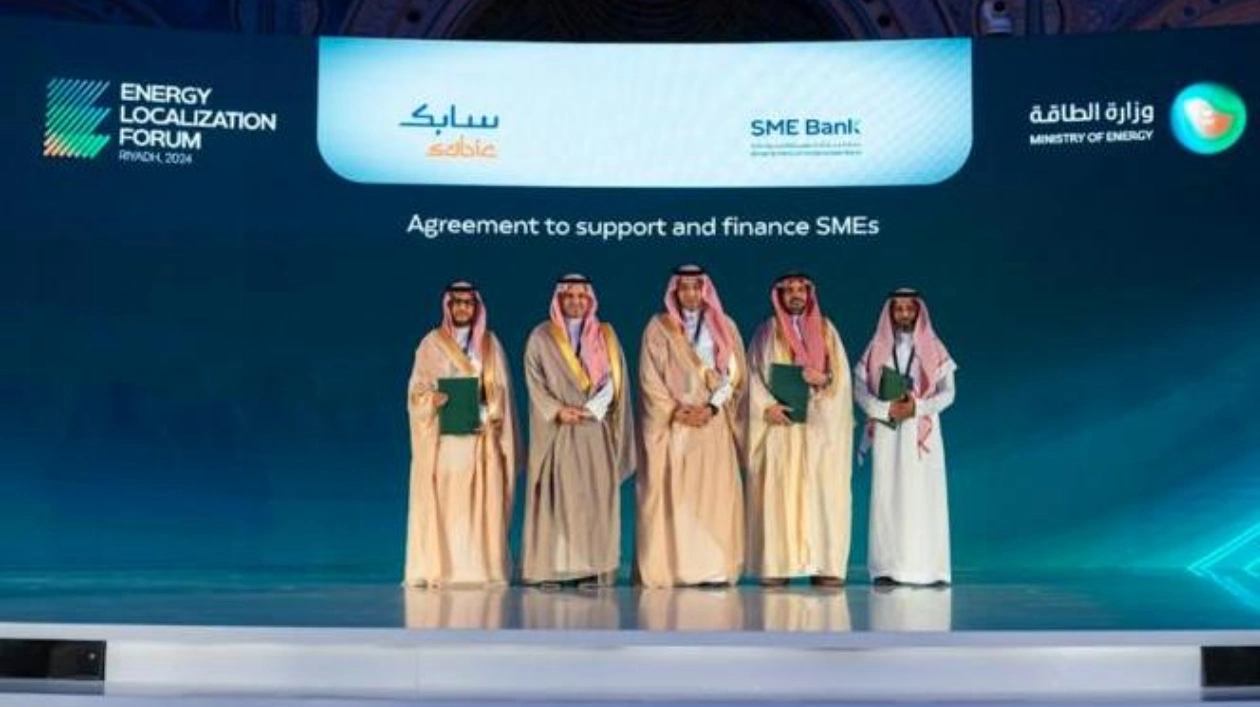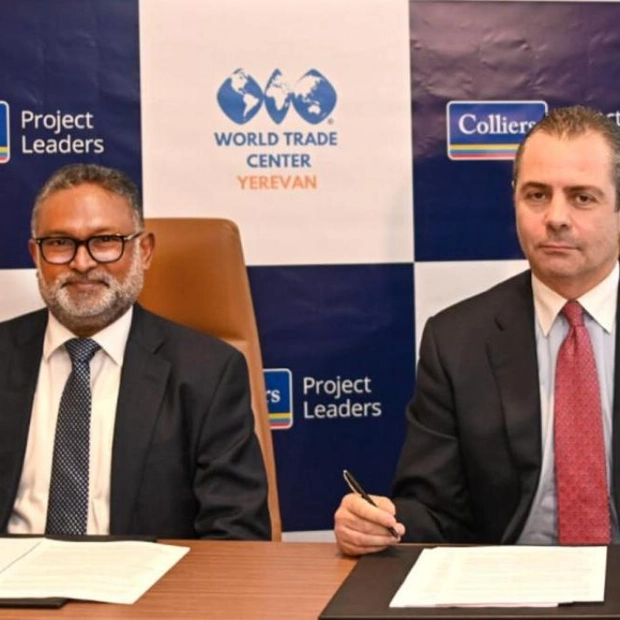RIYADH: Agreements aimed at enhancing localization initiatives within Saudi Arabia's renewable energy and oil and gas industries were among those inked during the second day of a significant event in Riyadh.
One of the standout announcements at the Energy Localization Forum was a collaborative effort between Saudi Basic Industries Corp. (SABIC) and the Kingdom's Small and Medium Enterprise Bank, part of the Nusaned program, which is geared towards financing and supporting small and medium-sized enterprises.
SABIC also entered into six new memorandums of understanding, including a partnership with Al Masafi for the construction of a nitric acid plant at King Salman Energy Park, with an annual capacity of 200 kilo-tonnes, and another with Arabian Renewable for Environmental Services, focusing on converting waste tires into valuable products.
The oil and gas sector was also active, with Baker Hughes signing seven key agreements with private sector entities, such as a deal with Metall-Treat Industries for coating and machining services, and another with Azad Engineering for the local development of high-precision machined components.
Saudi Electricity Co. also finalized three deals, including a purchase agreement for fuel additives with Farabi Petrochemicals Group and another with REDA Hazard Control for safety equipment.
Moreover, SEC signed four additional agreements related to 'operation and maintenance' services with Saudi-based companies, including Bilfinger and Doosan, underscoring the importance of local partnerships in ensuring the resilience of the energy supply chain.
Siemens Energy announced a collaboration with the National Innovation Industrial Co. (NAMI) to jointly develop 3D printing applications for advanced gas turbine components, emphasizing the role of technological innovation in advancing the country's energy infrastructure.
The agreements reflect the Kingdom's strategic objective of achieving 75 percent localization in the energy sector by 2030, a crucial component of Vision 2030 aimed at reducing import dependency and boosting national capabilities.
In his keynote address, Mazin Al-Bahkali, CEO of Saudi Power Procurement Co., emphasized the transformative impact of energy localization in Saudi Arabia, noting that the Kingdom's strategy is not only about deploying renewables but also about creating an ecosystem that supports sustainability.
These developments were further reinforced by Sultan bin Khalid Al-Saud, CEO of the Saudi Industrial Development Fund, who described the localization of energy components as 'pivotal.'
Abdulrahman Al-Samari, CEO of the Local Content and Government Procurement Authority, added that the unique model of local content requirements embedded in renewable energy is a good example of how to leverage the procurement process for localization goals.
The first day of the Energy Localization Forum saw the signing of 124 agreements worth over $27.7 billion with 118 companies.
Source link: https://www.arabnews.com






